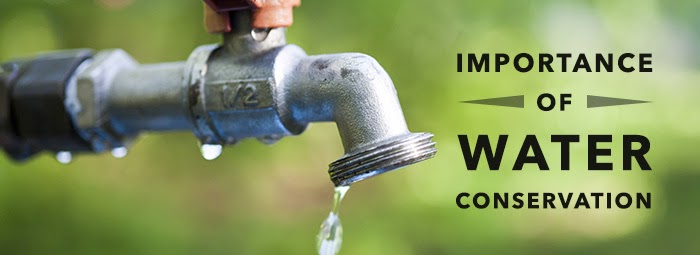In the vast canvas of our planet, a humble yet essential element silently weaves the fabric of life—water. In the grand tapestry of existence, there is a silent yet profound force that sustains all life—the gentle embrace of water. Like a nurturing mother, it cradles every living being, weaving threads of vitality into the very fabric of our existence. Its presence, often taken for granted, is the very essence of existence, sustaining every living being, every ecosystem, and every hope.
As we gaze upon the world around us, from sprawling cities to serene landscapes, the essence of water permeates every aspect of our lives. It quenches our thirst, nourishes our crops, cleanses our bodies, and breathes life into the myriad creatures that call our planet home. Yet, despite its unparalleled significance, water faces a growing threat—a threat born from our own actions and choices. As we stand at the brink of a critical juncture in environmental consciousness, it's time to turn our gaze towards the gentle ripples of change, starting with the conservation of water—a precious gift that unites us all.
Water conservation is a critical practice that ensures the sustainable management of our most precious resource: fresh water. With the world's population growing and the effects of climate change becoming more pronounced, the importance of conserving water cannot be overstated. For instance, less than 1% of the world's water is available as freshwater, making it imperative to use this resource judiciously. Cities across the globe are facing acute water shortages, highlighting the urgency of water conservation.
Let's take a closer look at some cities facing water shortages and the invaluable lessons they teach us about the urgency of water conservation:
Read More